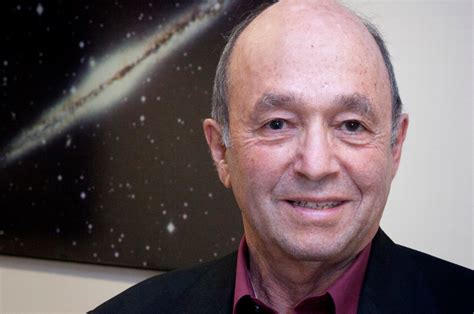A Quote by Luke Davies
The very concept of solid ground is a myth. The galaxy itself is adrift.
Related Quotes
This whole concept of boots on the ground, we've got a phobia about boots on the ground. If our military experts say, we need boots on the ground, we should put boots on the ground and recognize that there will be boots on the ground and they'll be over here, and they'll be their boots if we don't get out of there now.
But the myth of power is, of course, a very powerful myth, and probably most people in this world more or less believe in it. It is a myth, which, if everybody believes in it, becomes to that extent self-validating. But it is still epistemological lunacy and leads inevitably to various sorts of disaster.
I'm not a political person. I don't understand politics, I don't understand the concept of two sides and I think that probably there's good on both sides, bad on both sides, and there's a middle ground, but it never seems to come to the middle ground and it's very frustrating watching it and seemingly we're not moving forward.






































